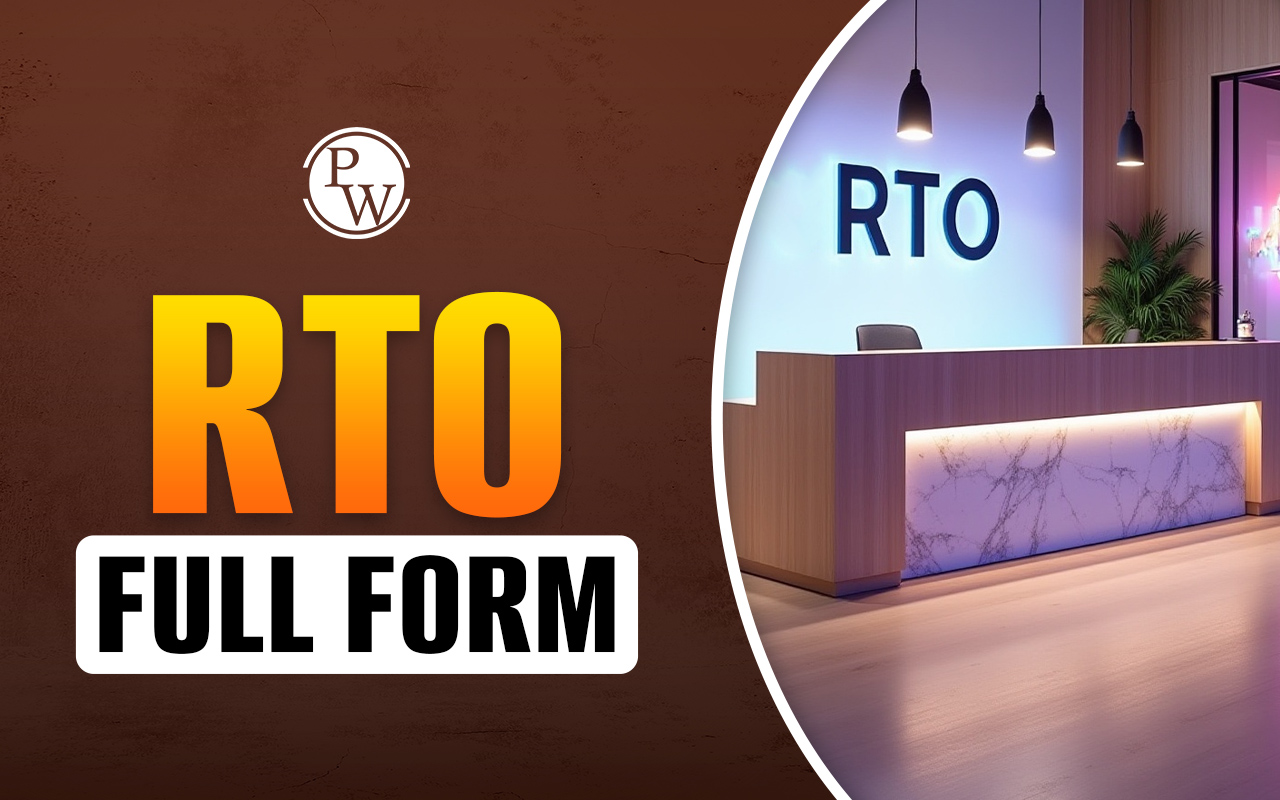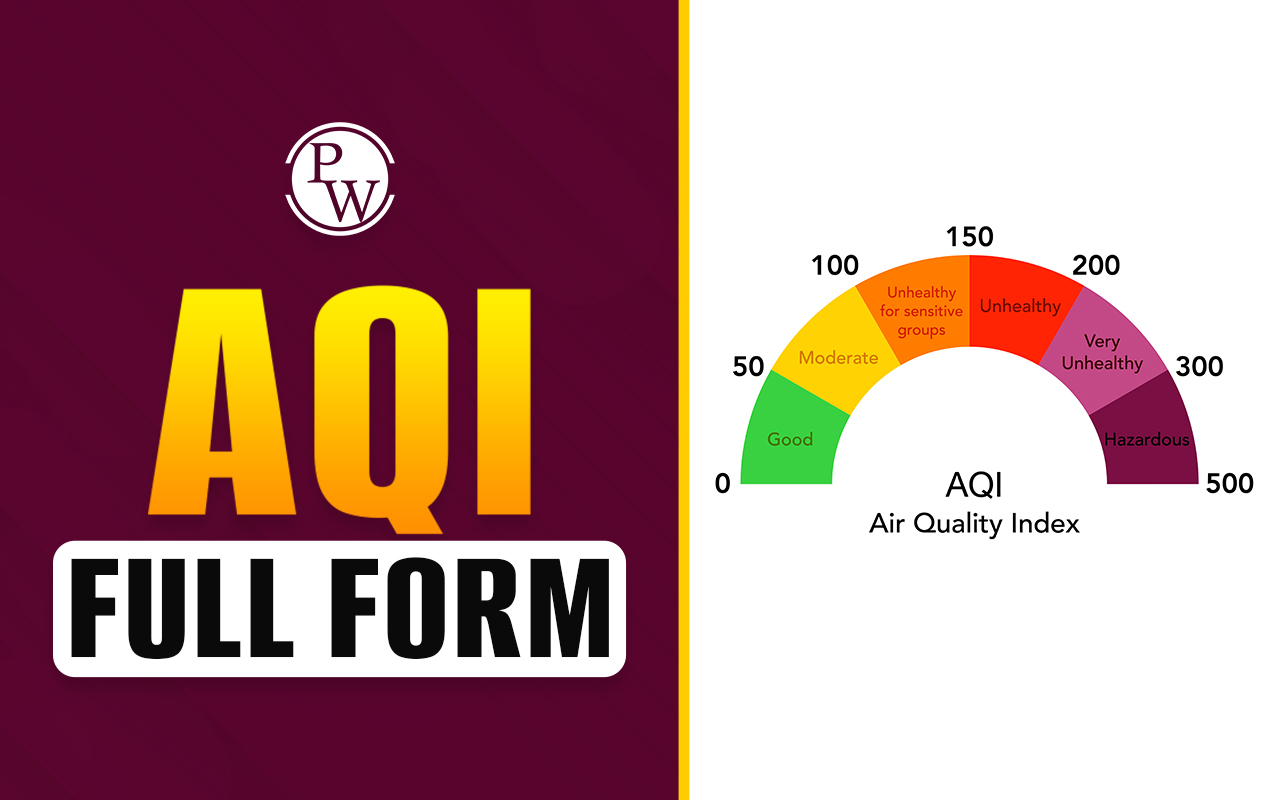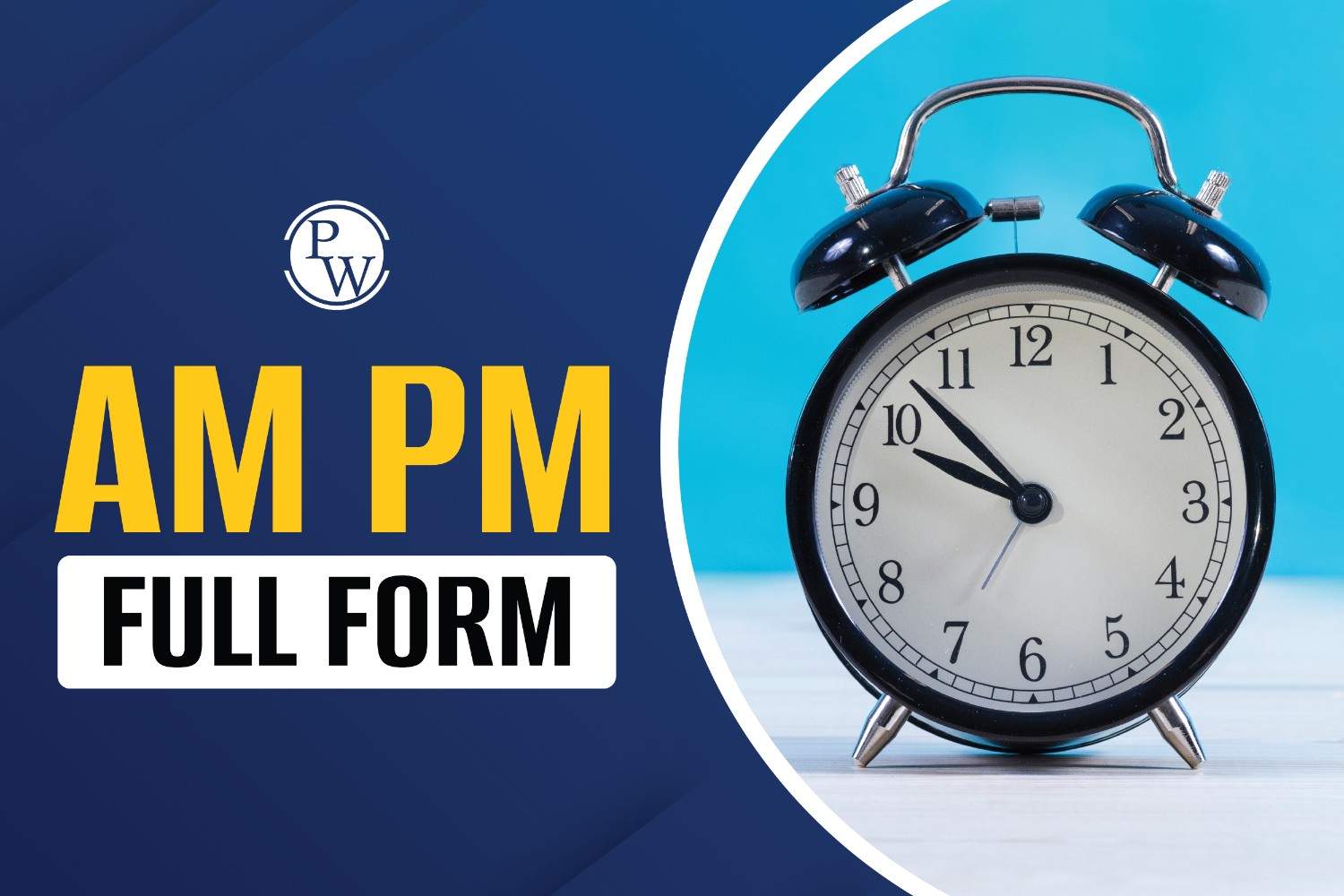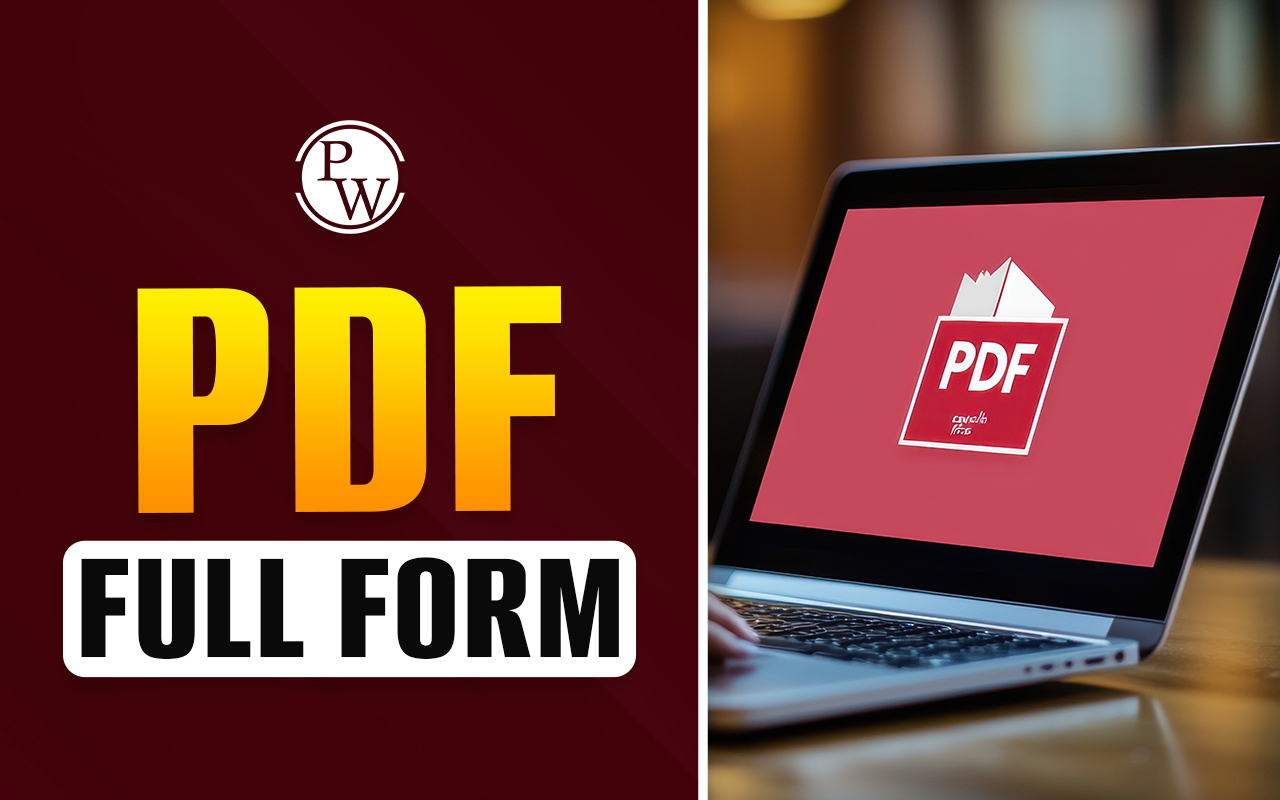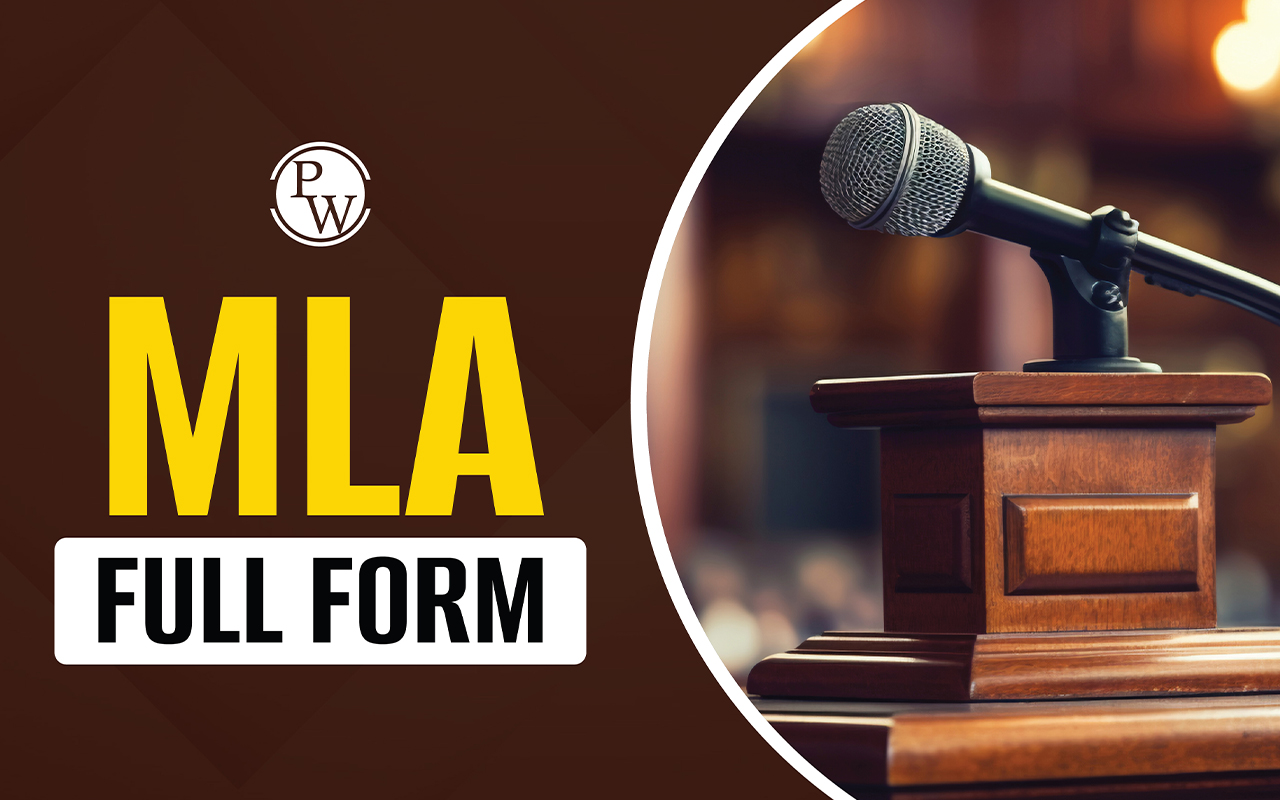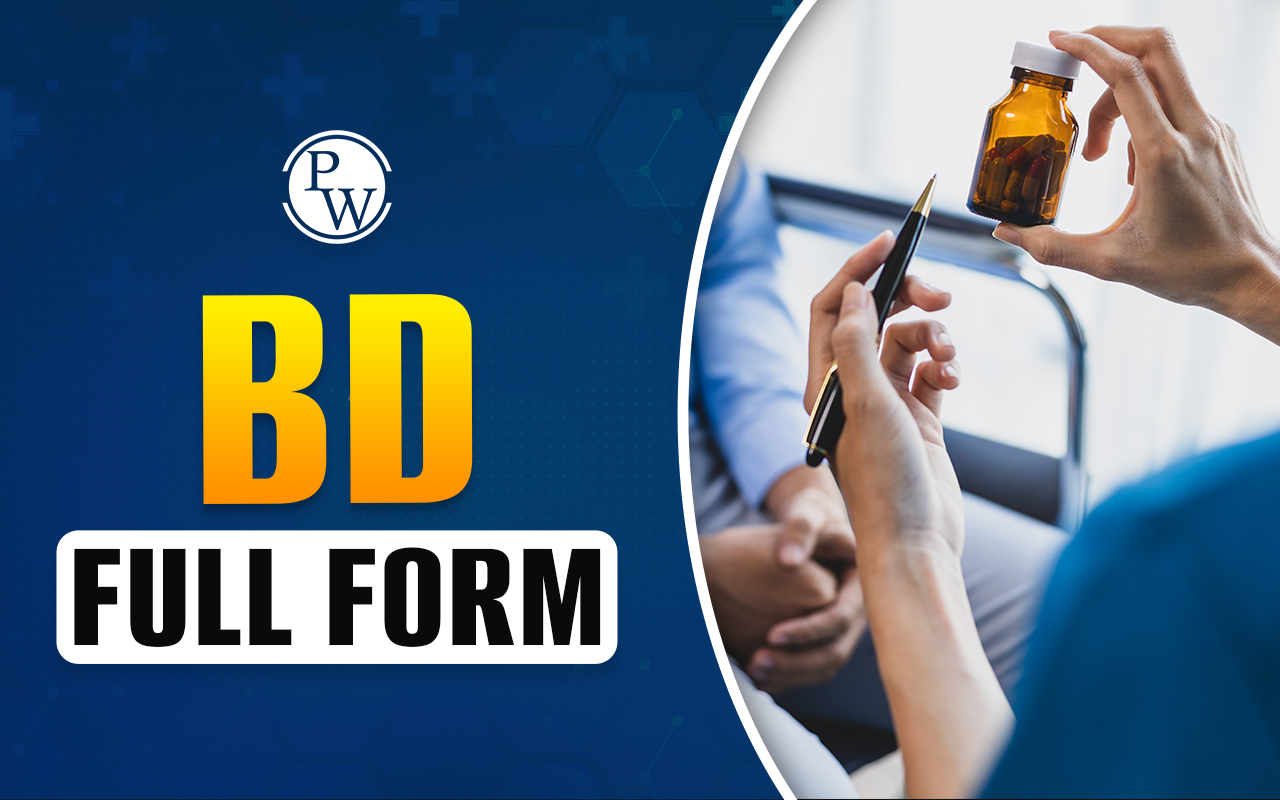
PWD full form stands for Public Works Department. PWD is created for erecting and maintaining public infrastructural works like roads, bridges, government buildings, and works for the masses. PWs, as one of the largest government departments, sustain economic growth and inter-regional connectivity through safe and evergreen infrastructure. The duties of constructing and sustaining a country's infrastructure fundamentally rest upon the Public Works Department (PWD)
PWD Full Form
PWD stands for Public Works Department. Let's break down the terms in the given acronym:
-
Public: This represents everybody or the entire community.
-
Works: Something that refers to constructions, management, or infrastructure development.
-
Department: A government section responsible for specific tasks.
Public Works Department Meaning
The Public Works Department (PWD) is a government agency responsible for the construction, maintenance, and management of public infrastructure.PWD plays a crucial role in ensuring that infrastructure is safe, efficient, and accessible for the public.
The department also oversees infrastructure projects related to disaster recovery, urban development, and public safety. Each state in India has its own PWD, functioning under the state government, and they adhere to uniform policies to maintain and develop physical assets that contribute to the economic and social growth of the region.
What is PWD in Government?
The onus of public works, that is, planning, building, and maintaining public infrastructure, is primarily with the Public Works Department (PWD). Public infrastructure includes roads, bridges, government buildings, water supply systems, and several other public utilities. These structures are to ensure safety with durability in construction, considering public benefit and use.
The PWD works under two arms, which are the center and the state government; there exists a PWD office in every state to supervise projects that are relevant to that particular region. The PWD department also undertakes repairs, renovation, and improvement, besides construction. While rebuilding damaged infrastructure, it plays a major role in regional connectivity, economic development, and disaster management.
PWD Roles and Responsibilities
PWD functions in India are planning and maintaining roads, bridges, and government buildings, as well as other PWD work related to public facilities in India. Listed below are the major responsibilities of PWD:
-
They are responsible for project financing and tendering, contractor selection, managing project operations to ensure adherence to time frames and satisfactory execution, etc.
-
The department pertains to disaster management in regard to repairing damaged infrastructures and in reconstruction as well. PWD defines criteria for safety assurance during building and road installations for public utility arrangements and holds the government's concern in handing out land leases.
-
Within these public responsibilities, the avenue through which conveyances of economic sustenance and the health and safety of all citizens are sustained by extending their efficiency with the physical infrastructure in place is indeed instrumental.
-
The department oversees the development of (new) infrastructure projects and maintains existing ones so that these services may be safely and dependably offered to the public.
PWD Divisions and Units
The Indian Public Works Department set up the above structure to ensure efficiency in planning, construction, and maintenance of public infrastructures through various branches or key divisions and units.
-
Broadly, this consists of the three major branches under PWD: buildings and roads, irrigation, and public health engineering, each headed by a Chief Engineer, who in turn supervises various Circles that are matured in the Circles managed by Superintending Engineers, which are further subdivided into Divisions headed by Executive Engineers.
-
In turn, Divisions are further divided into Sub-Divisions, which are overseen by Assistant Executive Engineers. In addition to these, PWD has other specialized functional units like Civil, Mechanical, Electrical, Architectural, and Parks & Gardens.
-
The department includes Design Circles, responsible for the technical planning and innovative parts, and National Highway divisions, dedicated to highway maintenance. This entire hierarchy guarantees that there is a smooth and efficient transition from project conception to completion.
|
PWD Divisions and Units |
|
|
Division / Unit |
Role / Function |
|
Buildings and Roads Branch |
Construction and maintenance of buildings, roads |
|
Irrigation Branch |
Canal, dam, and water resource management |
|
Public Health Engineering |
Water supply and sanitation systems |
|
Design Wing |
Technical planning, structural designs |
|
Mechanical Wing |
Machinery and mechanical system maintenance |
|
Electrical Wing |
Electrical systems in public infrastructure |
|
Architectural Wing |
Architectural design and supervision |
|
Parks & Gardens Wing |
Maintenance of governmental parks & gardens |
|
National Highway Division |
Construction and upkeep of national highways |
PWD vs CPWD (Central Public Works Department)
PWD is a state-specific government agency involved in development, as compared to CPWD, the other national governmental body responsible for the development of public infrastructure across the country.
The Central Public Works Department, on the other hand, is an agency of the central government under the Ministry of Housing and Urban Affairs, taking up large-scale projects relating to properties of the central government, that is, buildings, offices, hospitals, airports, embassies, and national highways.
The table below shows the difference between PWD vs CPWD
|
PWD vs CPWD |
||
|
Aspect |
Public Works Department (PWD) |
Central Public Works Department (CPWD) |
|
Governing Level |
State Government |
Central Government |
|
Jurisdiction |
State-level infrastructure projects |
Central government buildings and projects nationwide |
|
Main Responsibilities |
Construction and maintenance of state roads, bridges, buildings, and irrigation projects |
Construction and maintenance of central government offices, residential buildings, public works, and defense infrastructure |
|
Administrative Control |
State Government Departments |
Ministry of Housing and Urban Affairs |
|
Types of Projects |
Local roads, public buildings, water supply, etc. |
Major govt. buildings, airports, embassies, and national highways |
|
Recruitment |
State Public Service Commission |
Union Public Service Commission via the Engineering Services Exam |
|
Specialized Wings |
Varies by state (Civil, Electrical, Mechanical, etc.) |
Buildings & Roads, Electrical & Mechanical, Horticulture, etc. |
|
Training Institutes |
State-level training centers |
National CPWD Academy and Regional Training Institutes |
|
Project Scale |
Mostly state and regional |
Large-scale, complex, nationwide |
PWD Salary and Recruitment
PWD jobs are generally recruited through a diploma or degree from a civil, electrical, or mechanical engineering program, depending on the designation sought. The selection process seems to include some written exam conducted by the state's Public Service Commission or by relevant bodies such as SSC or UPSC, followed by technical interviews and checking documents.
Starting pay bands are fixed for most entry-level positions and increase with higher rank promotions and service years. Besides government job security, PWD also provides extra allowances with specific pathways for career growth.
PWD Salary and recruitment process are shown below
| PWD Salary and Recruitment | ||
|
Position |
Pay Scale (Approx.) |
Recruitment Process |
|
Junior Engineer (JE) |
₹35,400 – ₹1,12,400 (Level 6) |
State PSC / SSC exam, written test, interview |
|
Assistant Engineer |
₹44,000 – ₹1,40,000 (Level 7) |
State PSC / SSC exam, technical test |
|
Assistant Executive Engineer |
₹55,000 – ₹1,70,000 (Level 8-10) |
Promotion or direct recruitment |
|
Executive Engineer |
₹60,000 – ₹1,80,000 (Level 10) |
Through promotion or UPSC Engineering Services Exam |
|
Superintending Engineer |
₹75,000 – ₹2,00,000 (Level 12) |
Promotion or senior-level recruitment |
|
Chief Engineer |
₹1,00,000 – ₹2,10,000 (Level 13) |
Senior promotion, selection board approval |
PWD Full Form in Hindi
PWD का फुल फॉर्म है लोक निर्माण विभाग (Public Works Department)। यह एक सरकारी विभाग है जो मुख्य रूप से भारत में सड़कें, पुल, सरकारी भवन, जल आपूर्ति प्रणाली और अन्य सार्वजनिक बुनियादी संरचनाओं के निर्माण और रखरखाव के लिए जिम्मेदार होता है।
लोक निर्माण विभाग (PWD) का मुख्य कार्य जनता के लिए आवश्यक आधारभूत संरचना का विकास और रखरखाव करना है। यह विभाग राज्य सरकार या केंद्र सरकार के अधीन कार्य करता है और विभिन्न परियोजनाओं के माध्यम से सड़कों, पुलों, स्कूलों, अस्पतालों और सरकारी कार्यालयों का निर्माण करता है। समग्र रूप से, PWD देश के आर्थिक विकास और समाज की भलाई में एक महत्वपूर्ण भूमिका निभाता है।
In summary, the Public Works Department (PWD) is responsible for constructing, maintaining, and managing public infrastructure like roads, bridges, government buildings, and water systems. It plays a crucial role in regional connectivity, urban development, and public safety, forming a key pillar of the nation's governance and infrastructure framework.
PWD Full Form FAQs
What is the full form of PWD?
What are the main functions of PWD?
How does PWD recruit employees?
Does PWD mean CPWD?


